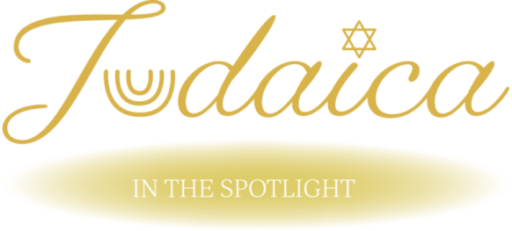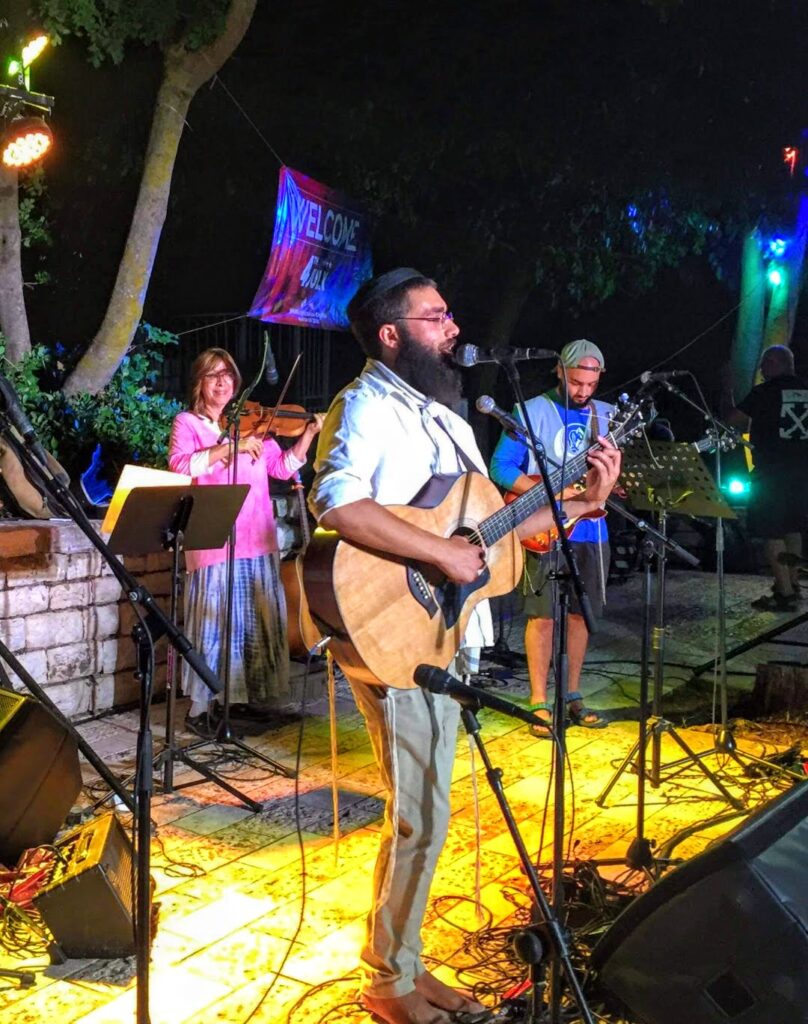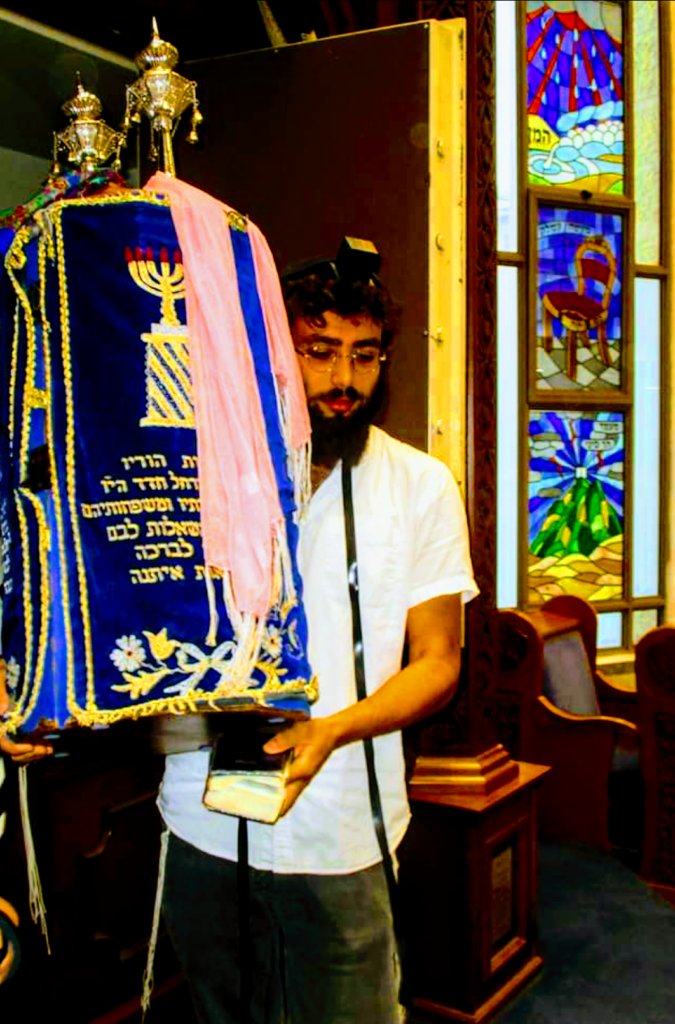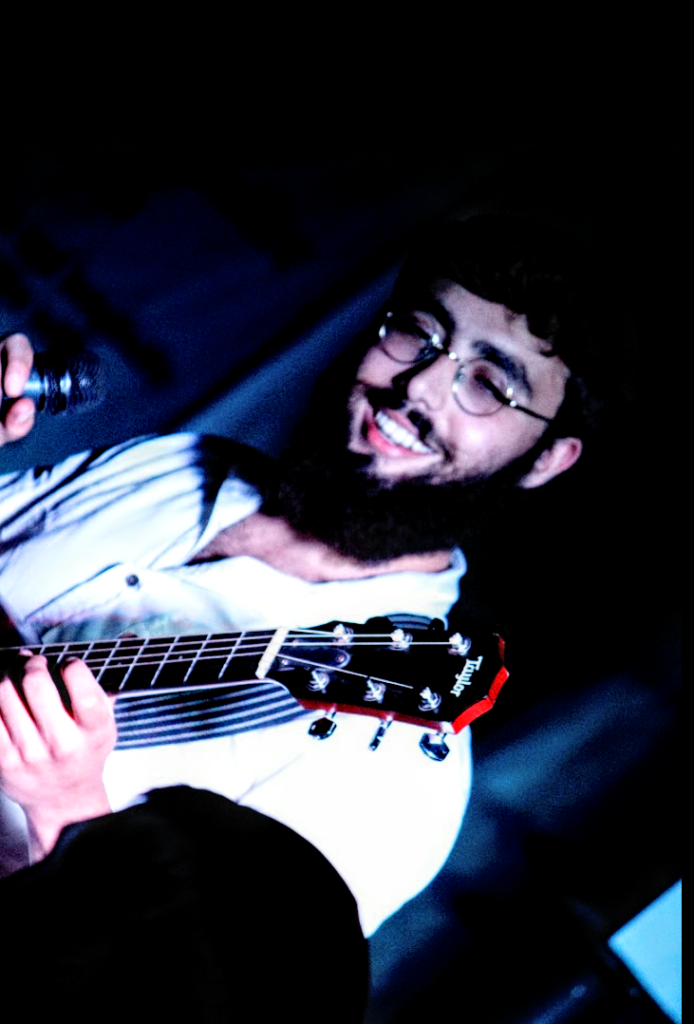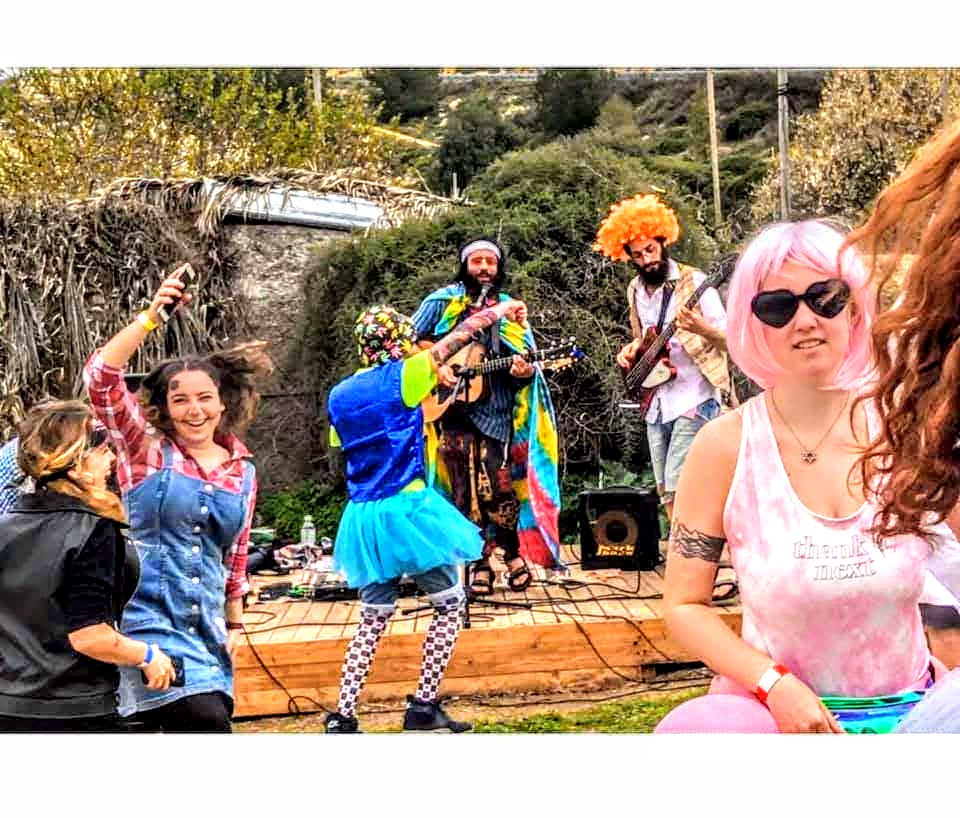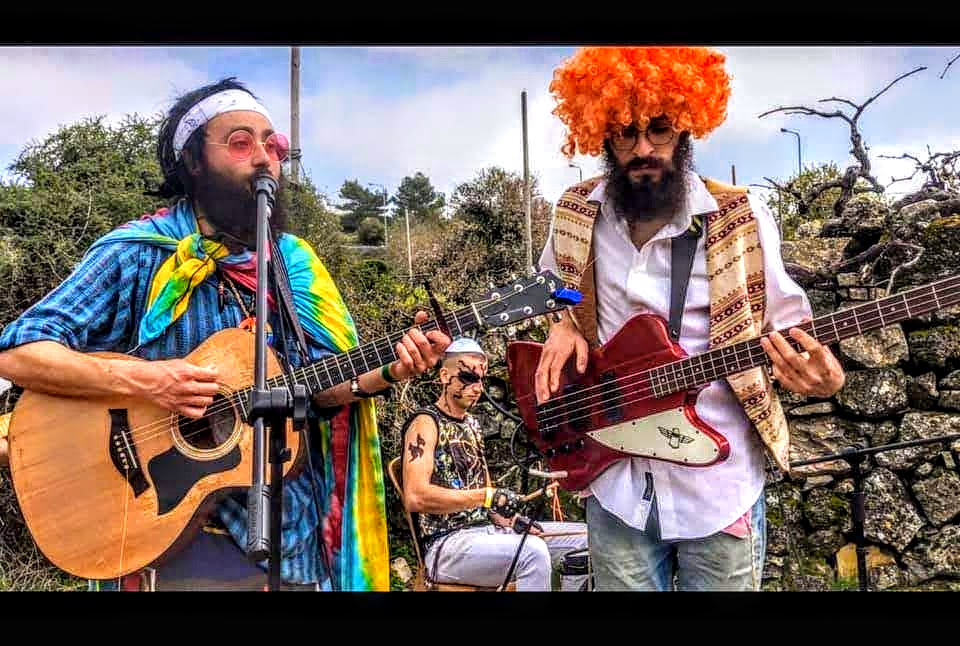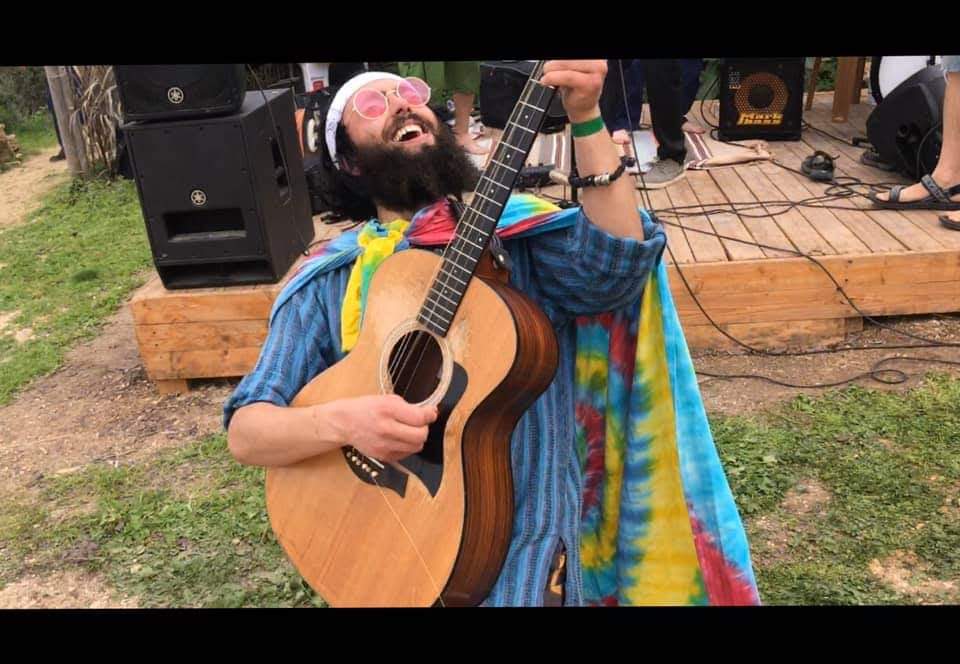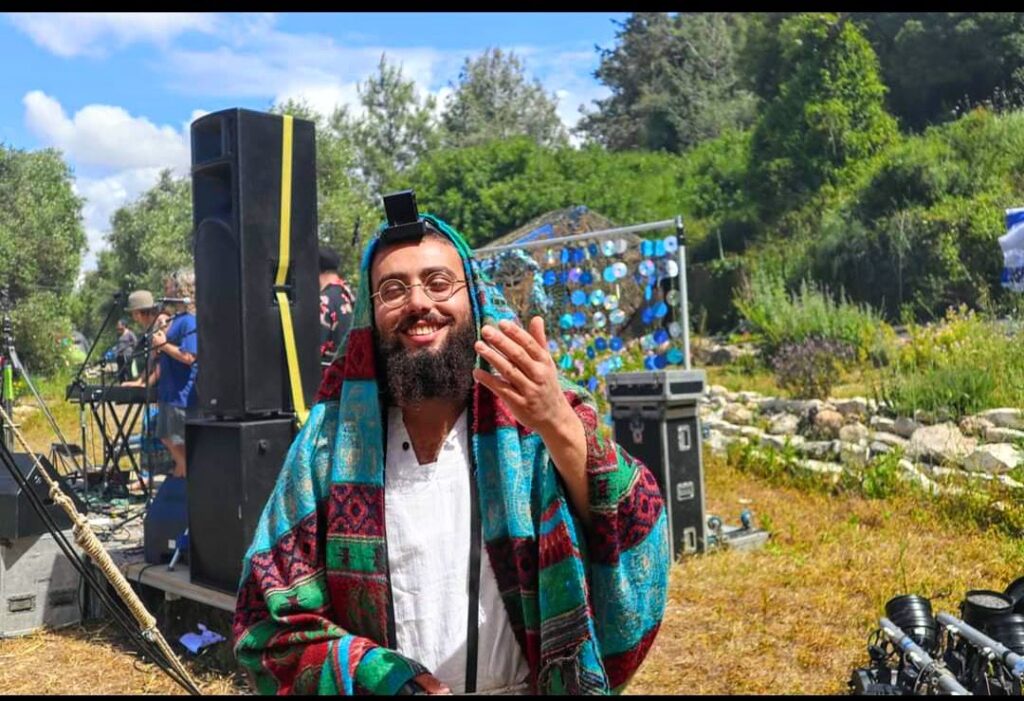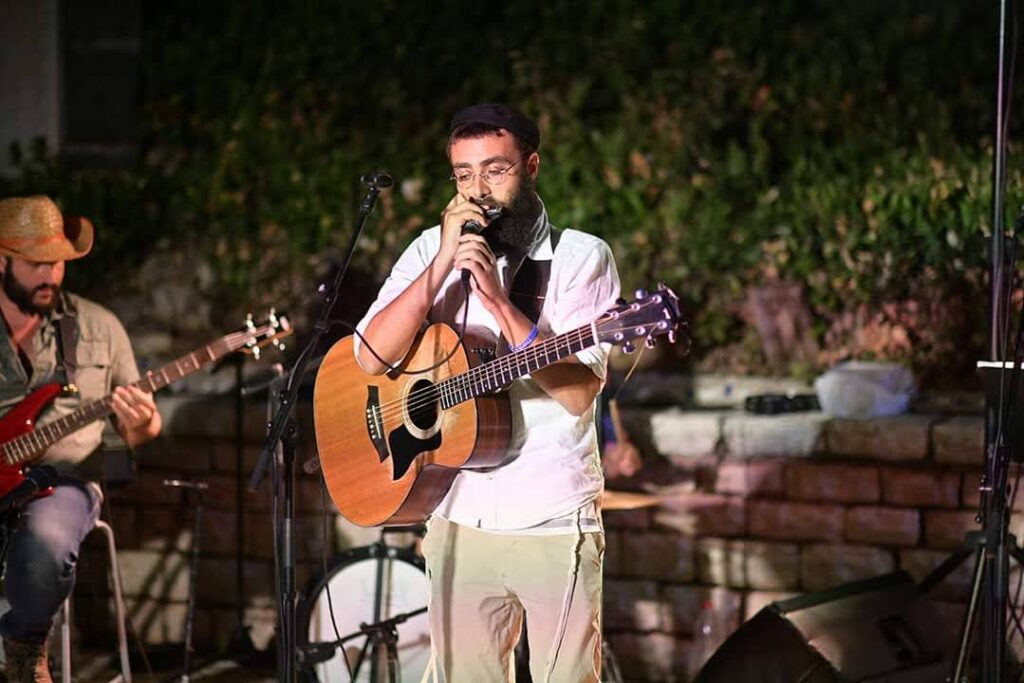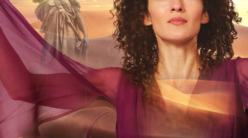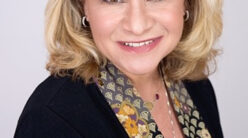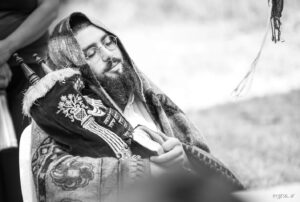
Photo: Courtesy of Shalom Lebowitz
Tell us a little bit about yourself and your background.
My name is Shalom Lebowitz. I am the lead singer and guitarist of the band Shefa. I jam alongside my older brother who’s our vocalist and my younger brother who plays electric guitar in the band. I grew up in a Chabad home in Boston MA, having a classic Jewish yeshiva upbringing. In truth, throughout my time in yeshiva, I walked the traditional path laid out for me, learning, davening, and keeping mitzvos. I applied myself to learning, I immersed myself in that world. But I learned because I was told to. I prayed because everyone around me was praying. I didn’t feel it. Really feel it. It was Judaism, but it was an abstract form of practice. Throughout that time, music, creation, vibration has been my true form of prayer. Writing, singing, exploring new areas of my being as those inner parts found a voice through mine. Singing songs to Hashem outside the book and inside the soul.
Then, after completing my smicha (rabbinic ordination) in Miami Beach FL, I decided to go on a Birthright trip to Israel. Upon arrival in the Holy Land, I discovered a community of sweet soul singers. Under the soft hue of candlelight, we poured our hearts, souls, and dreams into the melodies we sang to our Maker.
שפכי כמים ליבך❤️?
The two parts of my being, tradition and tunes, song and service began to coalesce. Through the guidance of some incredible mentors, friends, and whispers in the wind I began to see that religion and expression were not at odds. To the contrary, Judaism provided the channels and structure to allow holy passion to flow truly and freely. Praying from within the book is in truth a most potent conduit to allow the heart to truly sing. Torah became not a set of rules to please some distant ill tempered God, but rather a guiding light home to our Source and the channel that allowed Source a home here. Bringing Heaven down to Earth.
Now with these two core parts of self synthesized, I found myself in leadership roles across the country. From being a guidance counsellor for gap year students in Bar Ilan University, to the head counsellor of a traveling adventure camp. From leading several Birthright trips to spending the past few years teaching and performing at Ascent, a traveler’s hostel in the holy mystical city of Tzfat. All these opportunities and more have given me the platform to share Torah. Not the Torah of confinement, limitation, and subjugation. Not the Torah that was scared of questions. Not the Torah that compelled my yeshiva teachers to take away my guitar because it wasn’t a ‘Jewish Instrument.’
No, the Torah that I discovered was an inner Torah. A Torah of inclusivity, kindness, and connection. A Torah of passion, creativity, and wild beauty. A Torah of deep truths and soulful expression. This is the Torah we share. This is the Torah we live.
Then, like a budding seed, a movement was grown. The Tribe of creatives and ‘Heiligeh Hippies’ would gather often in intimately joyous song circles and en-masse at our bi-yearly Unity Tribe festivals.
What inspired you to become a musician?
Music is a medium that connects people. It connects those at a live show together through the rhythm and messages. Guiding a collective experience. It connects people from across the world, giving the opportunity for cultures to bridge social gaps and find common creative space. It connects throughout time, giving us the ability to reach back through the ages and into the minds and hearts of its inhabitants.
With all the division we see in the world, music is a most powerful agent of peace.
What do you enjoy most about your chosen profession?
Engaging with a live audience is the most exhilarating experience. When entering with humility, we become the conduit and channel of the collective prayer. In Hebrew each letter has a corresponding number. Words that share common numerology have are deeply connected. The Hebrew word for prayer, tefilah, has the same numerical equivalence as the word for song, shira. To enter into a deep soul song prayer and bring others along on that journey is so gratifying.
Do you believe a classical training is essential to be successful?
A classical training in music is not essential to be successful. Success is a mix of talent, dedication, and some timely Hashgacha Pratis (divine providence).
What is your favourite piece of music and why?
The Niggun (chassidic melody) that’s referred to as Daled Bavos touches me to my core. It was composed by the Alter Rebbe, the first leader of Chabad. Commonly called the Kodesh Hakodashim (Holiest of Holy) of niggunim, the melody is so ethereal and special, it’s use is reserved for the most sacred of times such as when a bride a groom meet under the wedding canopy.
How was your first performance like?
After spending months playing and facilitating musical sessions in Ascent, the youth hostel in Tzfat, the Zusha band came for a Succos concert. I had the distinct pleasure of opening. For them. Surrounded by family and friends that are like family, we sang, laughed, danced, and connected. It was beautiful.
How much do you practice in an average week?
I practice anywhere between 15 to 20 hours weekly.
Which musician would you like to collaborate with next?
It would be really cool to collab with Matisyahu and Trevor Hall. They have been big musical influences on m music and id would be awesome to bring it back to the roots with those two.
What advice would you give to an aspiring musician?
Get to know yourself. Spend time alone. Music is an expression of self. How can one express a self that is yet to be discovered?
Where can our readers find out more about you as well as book you for an event?
Photos: Courtesy of Shalom Lebowitz
